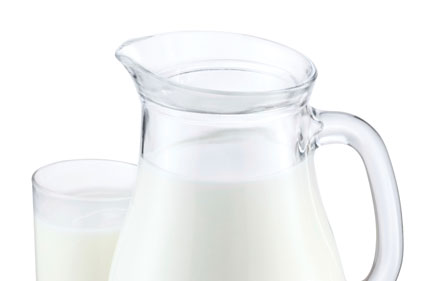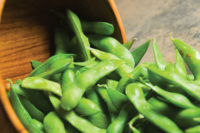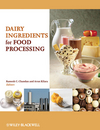Milk Protein on Cancer

According to Medical News, the protein in the milk is the lengthy named lactoferricin4-14 (Lfcin4-14). The protein appears to prolong the period of the cancerous cell cycle before chromosomes are replicated, thereby slowing the rate of the cancer spreading.
In the study, the researchers have reported that treatment with Lfcin4-14 reduced DNA damage in colon cancer cells exposed to ultraviolet (UV) light. For this, the researchers exposed colon cancer cells to UV light that caused DNA damage and then grew the cells in the absence or presence of Lfcin4-14. Where the protein was present, the extent of damage was much less than with the cells grown in the absence of the protein.
The findings link to other studies which indicate that milk consumption is connected to improved health, with decreased risks of diabetes, metabolic syndrome, and colon cancer.
Stina Oredsson of the University of Lund's department of biology, is quoted on the website FeedStuffs as saying, "We previously hypothesized that the prolongation of the cell cycle in colon cancer cells as a result of lactoferricin4-14 treatment may give the cells extra time for DNA repair. Indeed, ultraviolet light-induced damage was decreased in colon cancer cells treated with lactoferricin4-14 compared with controls. The differences were small but significant
With the milk protein study, further research will be required to explore the anti-cancer effect further.
The research was undertaken at the Department of Biology at the University of Lund, Sweden. The results have been published in the October issue of the Journal of Dairy Science.
Looking for a reprint of this article?
From high-res PDFs to custom plaques, order your copy today!





